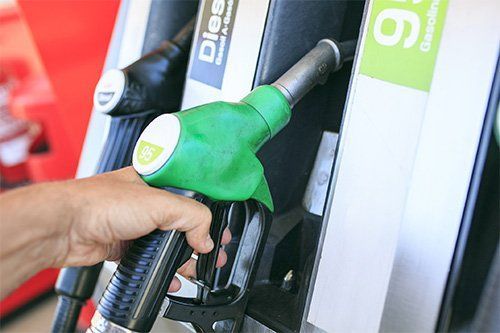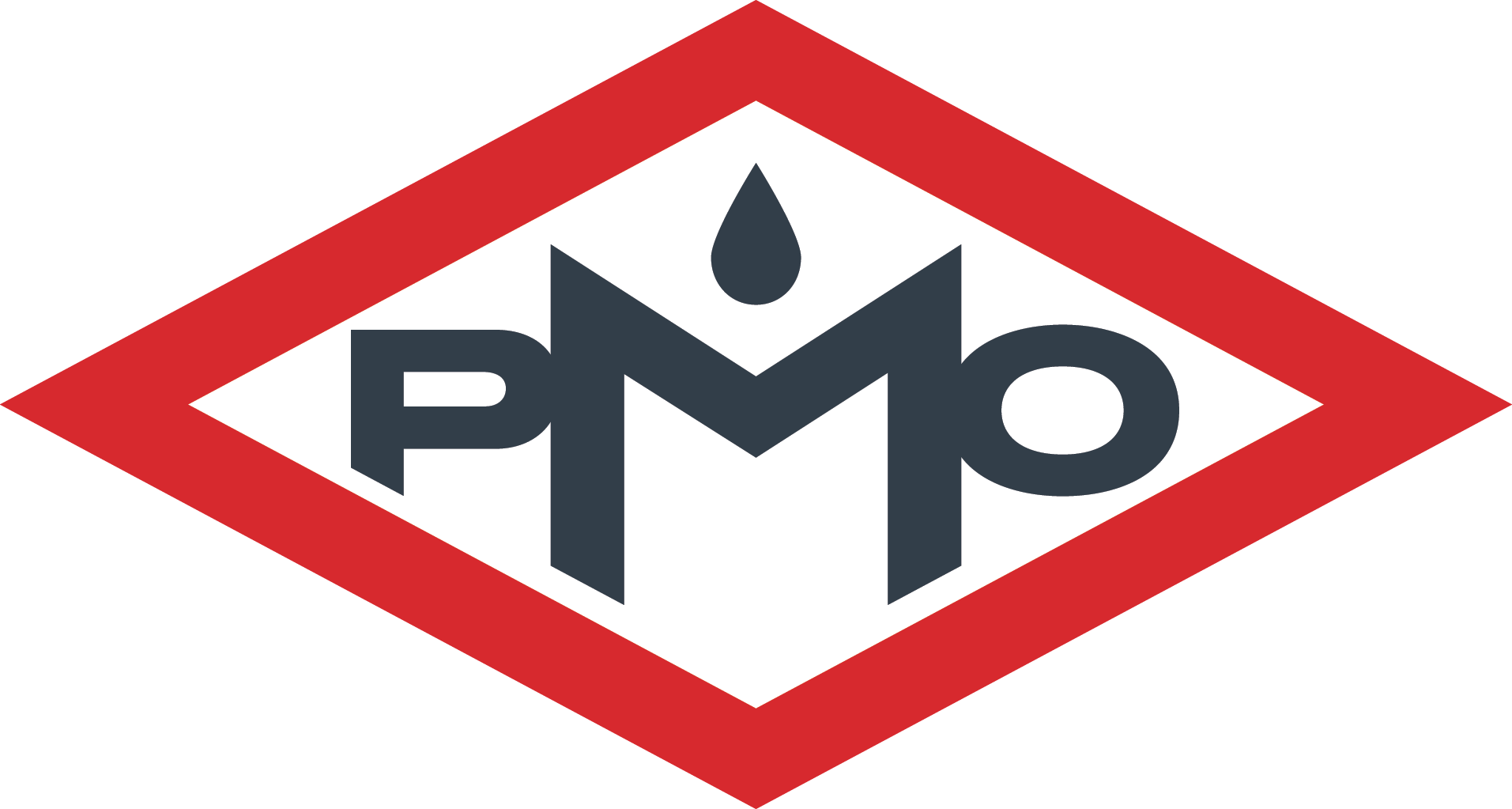3 Unwanted Substances Removed During Fuel Polishing

Diesel fuel plays a vital role in the world of contemporary trucking. Transportation companies rely on a steady supply of diesel fuel to meet their needs. Yet if the diesel you use contains detrimental contaminants, it may create serious long-term problems for the vehicles in your fleet. For that reason, you should always buy fuel from a reputable dealer.
Such dealers ensure optimal quality fuel through a process known as fuel polishing, which removes a variety of detrimental substances. Unfortunately, many people fail to recognize the full range of contaminants that can affect diesel fuel. This article takes a closer look at three unwanted substances that fuel polishing can effectively eliminate.
1. Water
Water makes up one of the most common diesel contaminants, as well as one of the most destructive. Water contamination may occur in one of three forms: free water, emulsified water, and dissolved water. These forms differ in terms of how extensively the water and diesel have blended together.
Free water exists in a state of complete separation, usually sinking to the bottom of the fuel tank. This location makes it difficult to identify free water by means of a visual inspection. Emulsified water consists of a multitude of visually identifiable droplets suspended throughout the diesel. Finally, dissolved water has completely blended with the fuel.
Water poses serious problems for diesel fuel. For one thing, water can quickly ravage an engine through corrosion, acid build-up, and reduced lubrication. If water levels rise high enough, the fuel's CETANE rating will also be affected, potentially leading to efficiency losses and other problems. Finally, water often leads to the growth of microbial contaminants.
Most fuel polishing set-ups include special filters which can effectively capture any water in the fuel. Likewise, technicians also usually use special hoses to suck up any water that has accumulated at the bottom of the fuel tank.
2. Solid Waste
Water contamination doesn't just cause problems for your diesel fuel itself, it also causes problems for your storage tanks. Specifically, water often causes the walls of steel tanks to corrode. As such corrosion grows progressively worse, pieces of corroded metal begin flaking off. This rust accumulates as a layer of sediment in the fuel supply.
Diesel fuel may also accumulate other forms of solid or semi-solid waste. Such waste often occurs as the fuel in the tank oxidizes. At temperatures above 30 degrees Celsius, diesel begins oxidizing after a mere 6 to 12 months. Oxygen in the tank's air causes the fuel to break down, leading to the formation of sediment as well as gummy substances.
Any solids present in diesel fuel can create serious problems for engines, clogging up fuel injectors and leaving deposits on the walls of the cylinders. Fuel polishing removes any solid contaminants by passing the fuel through a series of filters.
3. Microbial Growth
Over time, water contamination leads to yet another serious problem: microbial growth. Species of bacteria can thrive within the environment of a fuel tank, literally feeding on the diesel fuel. In the process, those bacteria create sludge-like by-products that gum up the fuel in much the same ways as other forms of solid waste.
Fuel polishing can effectively eliminate the sludge created by bacteria living in your fuel tank. Yet tank owners should understand that the fuel polishing process cannot completely eliminate the bacteria themselves. Unless you treat the fuel in your tanks with special biocides meant to kill the bacteria, the problem will recur later on down the line.
Fuel polishing ensures that the diesel you use in your fleet of vehicles meets the most stringent of quality-control guidelines. For more information about how fuel polishing can benefit you, please contact the diesel experts at Paul Murray Oil.
